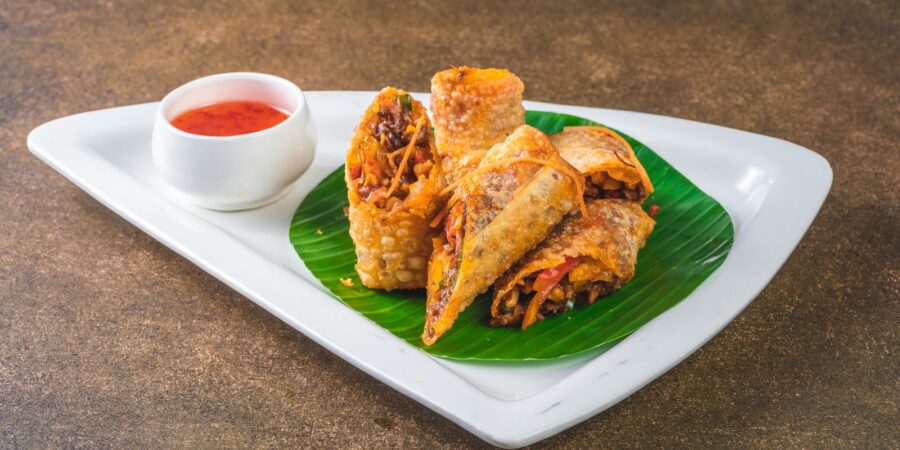There is a good chance of leftovers when consuming food. So, one can be creative with leftovers and instead of throwing leftovers in the dustbin one can transform them into new dishes. For example, leftover vegetables can be turned into a stir-fry and leftover rice can be made into fried rice. Vegetable scraps, fruit peels, and food waste should be dumped in a compost bin. The compost can be then used to enrich the soil for gardening.
One has to be mindful of portion sizes when cooking so that food is cooked enough to be consumed without any chance of wastage. If you have non-perishable items that you won’t use, consider donating them to local food banks or shelters.
If you have excess food, it is important to store it properly to extend its shelf life. For storing food, one should use airtight containers. Minimize the use of single-use plastics in your kitchen by opting for reusable containers, bags, and wraps. You can also stay informed about food expiration dates, storage techniques, and ways to repurpose ingredients to avoid waste.
Discovering innovative ways to utilize leftovers, scraps, and often neglected components of fruits and vegetables, like stems or peels, can undoubtedly be one of the most thrilling aspects of zero-waste cooking. It provides ample opportunity for culinary ingenuity and creativity. Veggie stems and leaves coupled with leftover meat can be used to make broth. Leftover fruit and veggie scraps can be used to make juice.
It may take some time to integrate zero-waste cooking practices into your routine. However, such efforts will surely go a long way in reducing food waste and promoting sustainability.
Zero wastage cooking brings a lot of scope for creativity specially in preparing sauces and broths which are further significant for Chinese cuisine. A lot of mixing could be done with remaining to create unique base-flavours. And we also encourage to utilise them into preparing delicious staff meals as well! Substitutional ingredients to meet the need for less wastage further enhances culinary skills.
At Moksha Himalaya Spa Resort, the team prioritizes minimizing food wastage. “To achieve this, we carefully monitor the recipes and record levels for each stock item, ensuring that we only purchase what is necessary and avoid excess stock. We work closely with suppliers who have a net negative carbon footprint and use plastic-free packaging for the delivery of raw materials. Our commitment to avoiding food wastage extends to our commissary kitchen, which allows us to process all our food at one point further decreasing waste of fruits, vegetables, and meats. Furthermore, any organic food waste generated is not discarded but instead transformed into compost through our dedicated Vermicompost pits. This compost is then put to good use in our hotel’s vegetable farm. We take pride in our efforts to create a more eco-friendly and environmentally responsible dining experience for our guests,” says Gautam Kumar, Executive Chef, Moksha Himalaya Spa Resort.
Read the full story that first appeared in Deccan Chronicle dated August 30, 2023 here:

